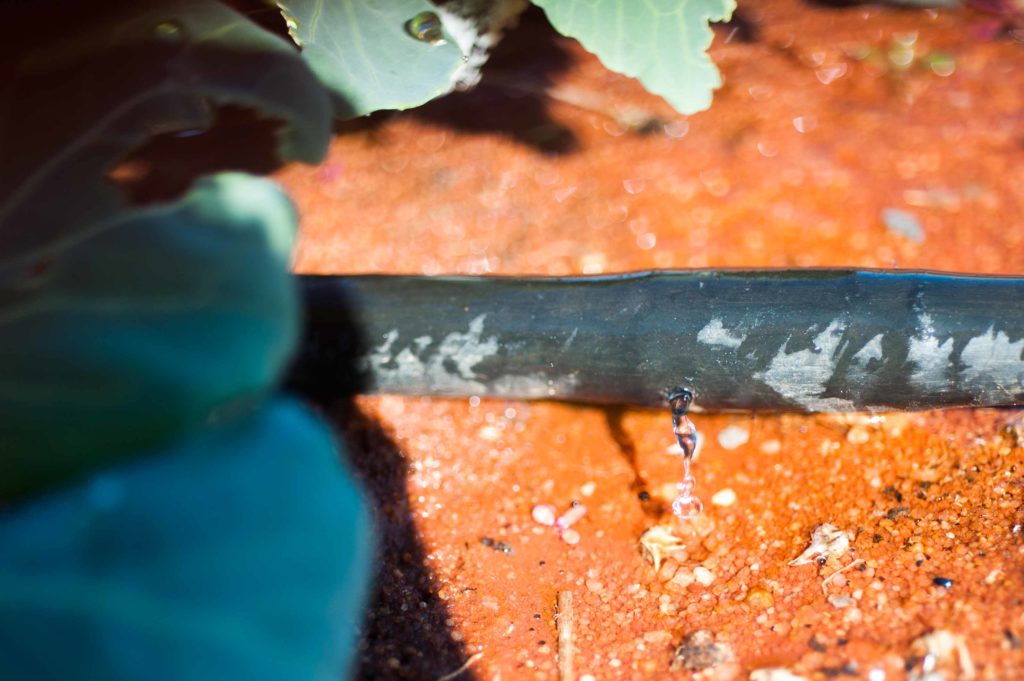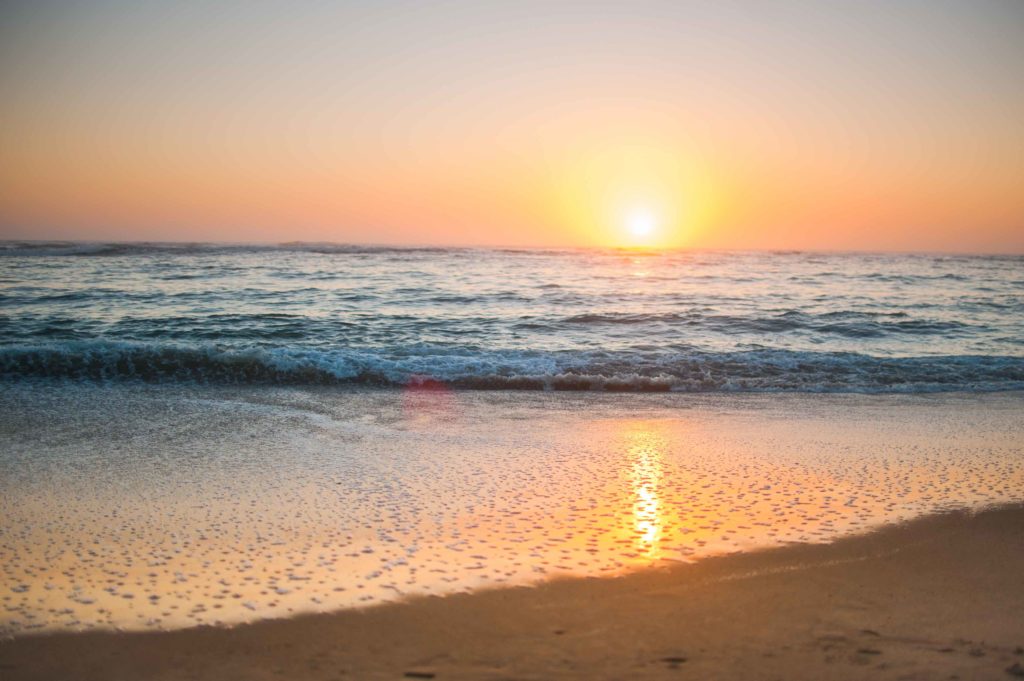Three days. That’s how long it takes to die of dehydration. Humans physically cannot survive without water. In a country like Namibia, rain is scarce, water is precious and has to be managed carefully. While slightly larger than Texas, Namibia’s population is the surprisingly low number of 2.2 to 2.5 million people. And astonishingly, the top one percent sucks up 90% of Namibia’s resources while the majority of Namibians are trapped in poverty.

A glass of water being poured at the home of Dr. and Mrs. Schneider, July 21, 2017. Living at Farm Habis, the well-established couple has an aquifer that produces purified water.
The primary water source in Namibia is aquifers. Namibia has systems to purify and pump water up above ground. Aquifers can be used privately and especially so in the agriculture industry. I visited a fruit and vegetable farm in Stampfriet to see how they utilize their resources. Jimmy, the farm owner, has a pipe one meter under the ground. The pipe runs through his land and provides drip irrigation as Jimmy’s dirt contains a sandier texture and struggles to hold water. However, as it only rains an average of 14 inches per year the government engages how much water is being used for commercial endeavors. Jimmy has to have licenses and checks in with the Government each year to stay within his quota of water.

Water drips from a hose at Jimmy’s farm in Stampfriet to water plants July 15th, 2017. He pumps water from aquifers and uses drip irrigation so the sandy soil holds water long enough to keep plants hydrated.
Though many communities have aquifers available, other solutions need to be found as well. The water in the aquifers is a finite resource and will eventually run out. Located on the west coast of Africa, sea water is readily available. However, desalinating sea water is expensive and the Namibian government is currently bankrupt.
While traveling through Swakopmund, I chatted with a local on their Community-based Natural Resource Management plans. As a beach town, 50% of their water is from desalinated sea water, but the rest comes from a local aquifer because they cannot afford to entirely switch over to desalinating the water from the ocean.

The sun sets over the ocean in Swakamund, July 20th, 2017. This town heavily relies on tourism to bring income and jobs.
Natural resources are limited and Namibia’s finances are restricted. As a young nation gaining independence in 1990, continuing to work out kinks and develop their country’s systems should be expected. Communication between public and government can improve, and Namibians choosing to be involved in the process would significantly help. As Namibia’s economy grows, I look forward to watching their journey as a country. Their water is limited, but their people are resourceful and despite their limitations, I see a bright future for them.